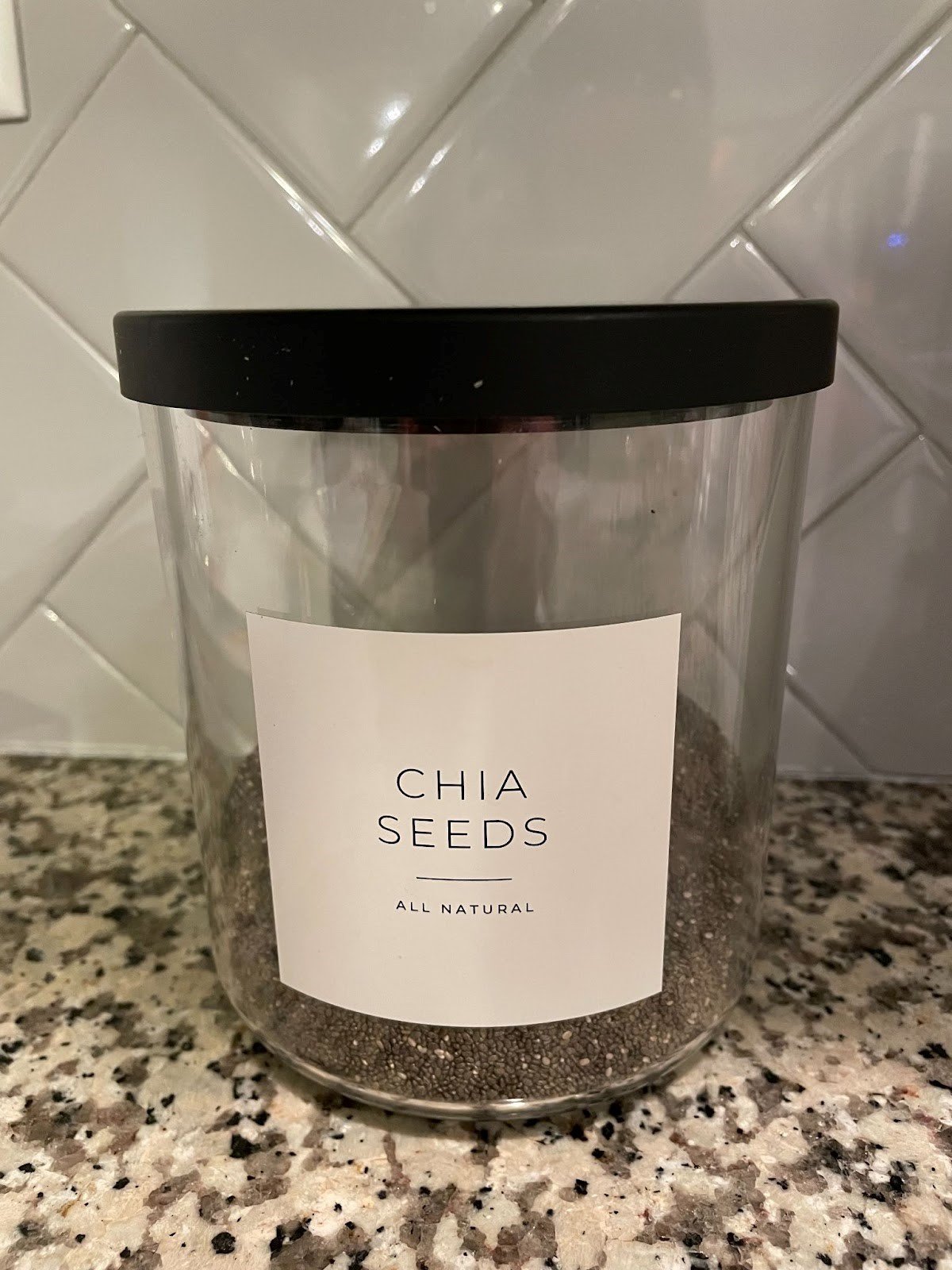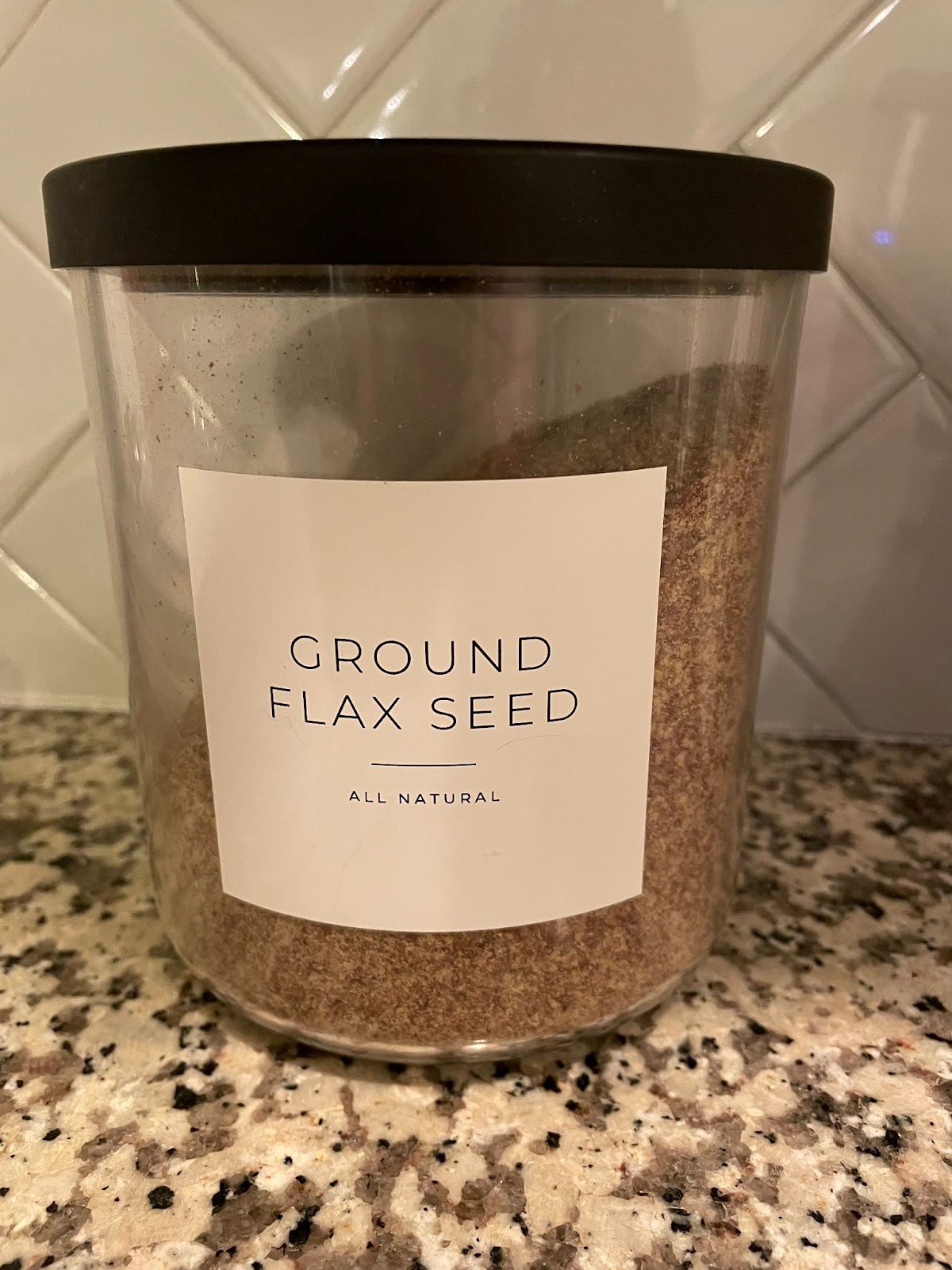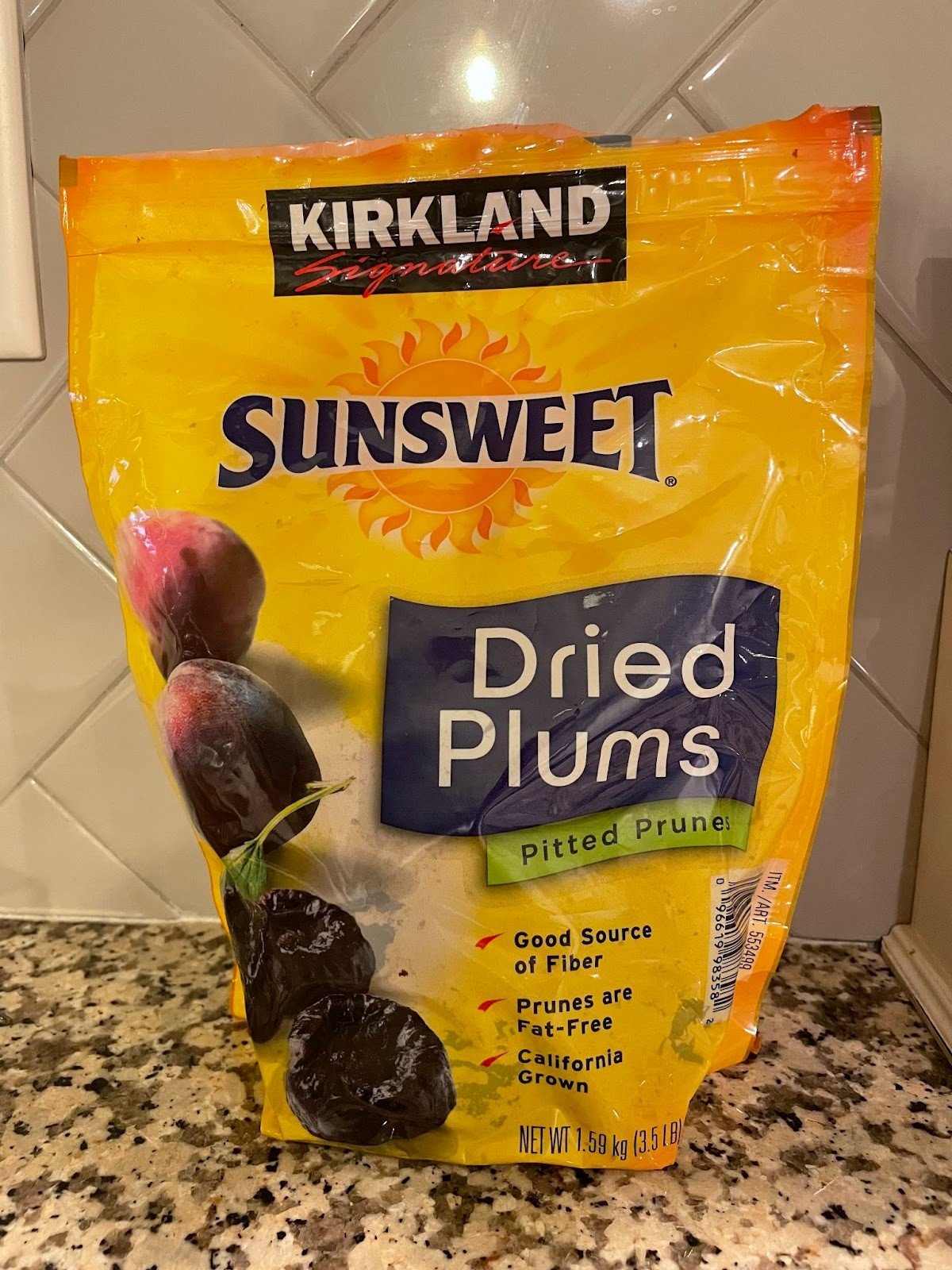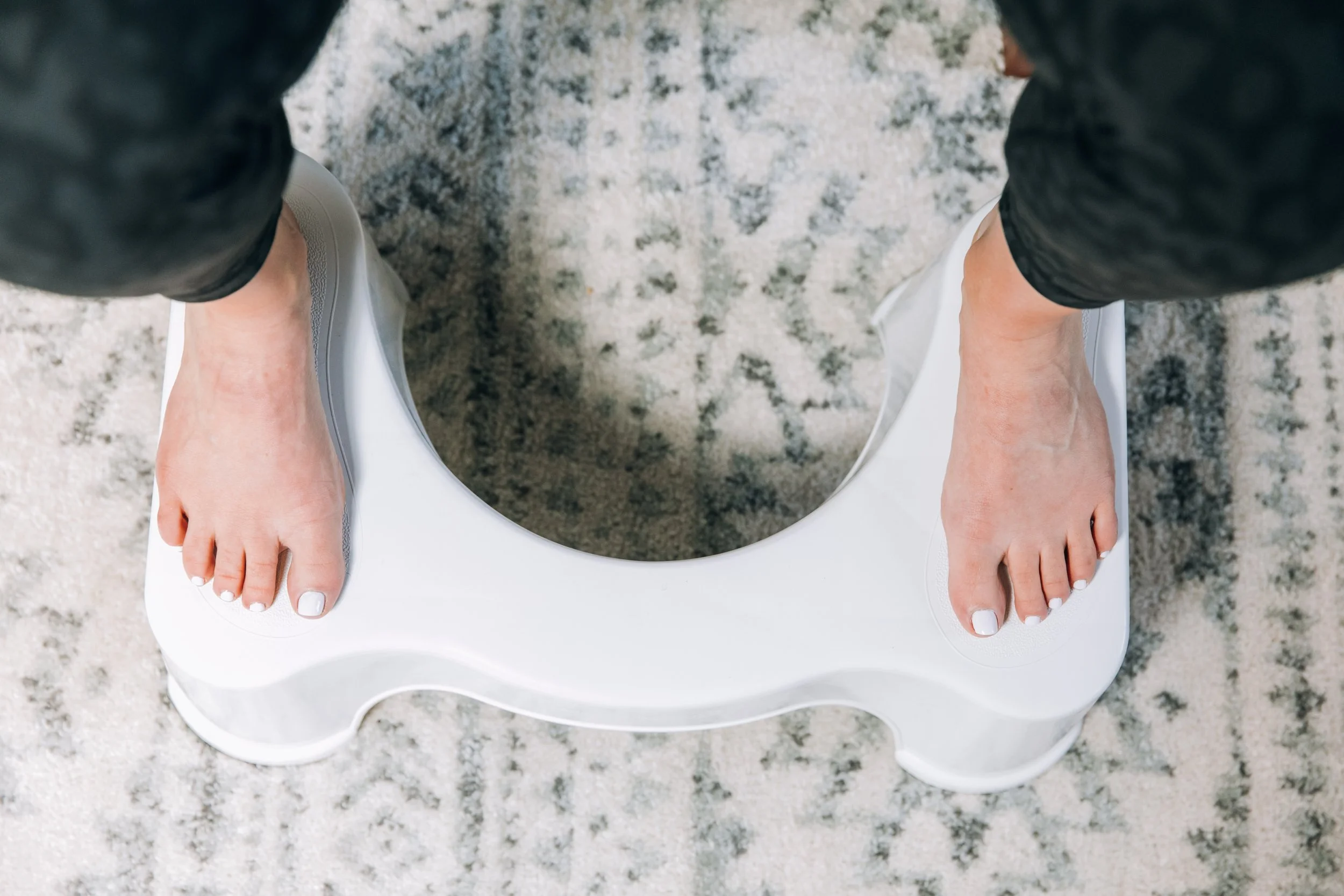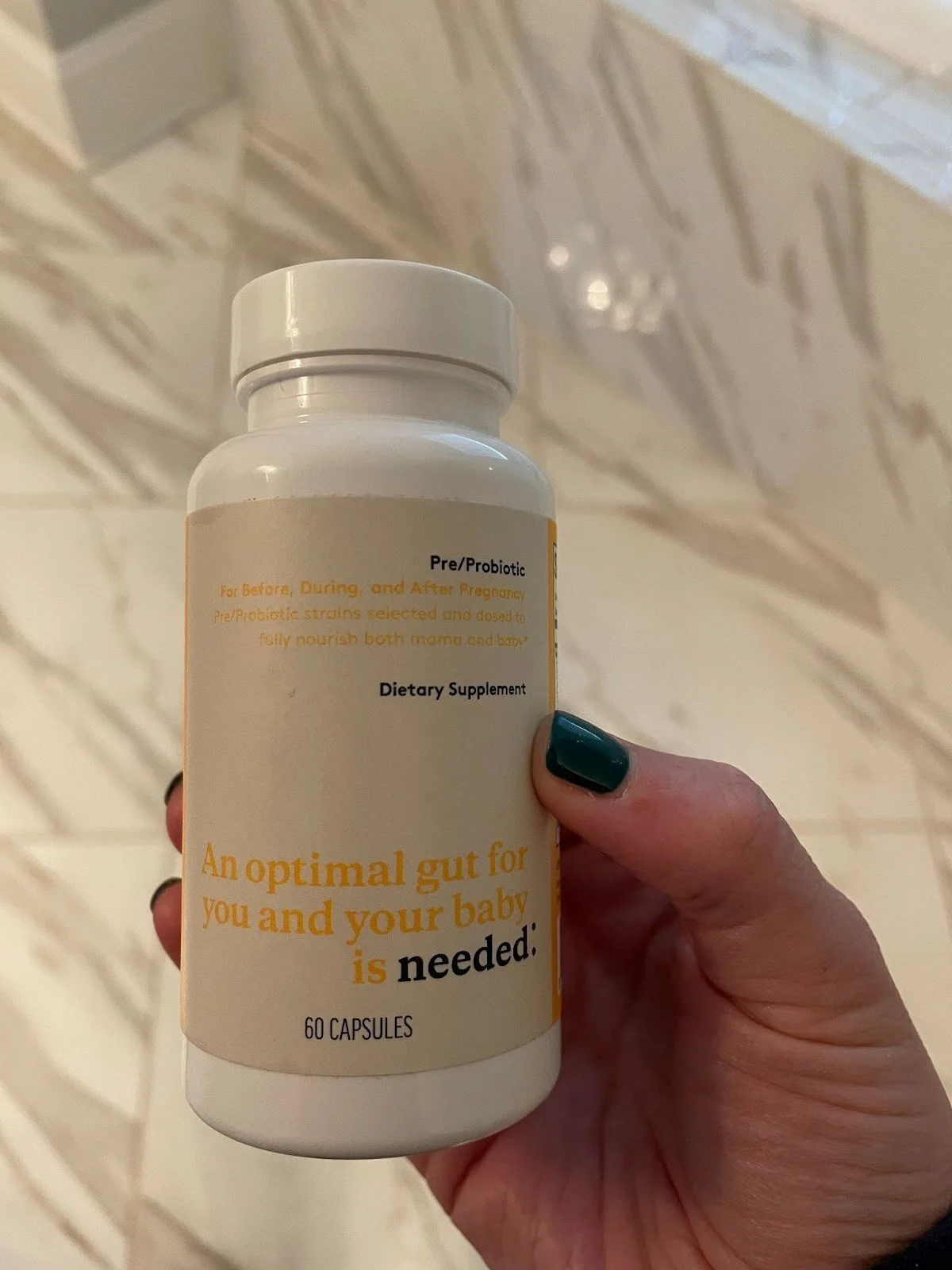How I Am Supporting My Bowel Function During Pregnancy
Finding out you’re pregnant is a very exciting season in your life. However, sometimes this can lead to some unwanted symptoms like nausea, vomiting or constipation. Constipation is especially common as hormonal changes slow down gut motility and things like iron in your prenatal vitamins can slow things down even more. As I have navigated the first trimester of my pregnancy along with my knowledge as a pelvic floor physical therapist, I have come up with some of my top tips to stay regular with my bowel movements.
Fiber support
One of the best ways to support your gut function and bowel movements is to eat enough fiber. While I used to rattle off a list of foods that are high in fiber to my patients, I have since realized this is not always helpful, especially if you are having trouble keeping food down or dealing with food aversions. While we recommend women get somewhere between 25-35 grams of fiber each day, that may not always be realistic. Here are some tips to easily get extra fiber throughout your day.
Chia seeds: these are easy to add to yogurts, cottage cheese, sprinkle on top of peanut butter or nut butter toast, add to salads or smoothies. You can also make chia seed pudding for some added fiber.
Flax seeds: a good source of fiber that can easily be added to smoothies and yogurt
Prunes: While not everyone likes the taste of prunes, I don’t mind them. Especially if you’ve had a day where you haven’t had as much fiber, adding a dried prune or two after every meal can make the world of a difference.
Water
The recommendations for fluid intake is about half your body weight in fluid ounces each day. Some, like Lily Nichols, author of Real Food For Pregnancy, will say pregnant women should aim for up to 100 ounces each day, regardless of body weight. I have been focused on staying hydrated this pregnancy! My favorite ways to get more water in my day is to drink out of my Stanley cup or Hydroflask. There is something about the straw of the Stanley cup that makes drinking water super easy!
Movement- Exercise + Walks
Not everyone feels good enough to work out throughout their pregnancy, especially during the first trimester. While I am fortunate to not have had a ton of nausea, I was overcome with extreme fatigue. Some days all I could do was wake up, go to work and come back home to go to bed. However, on days I felt good, I tried to incorporate some type of movement into my day. Sometimes that looked like a long walk while listening to a pelvic floor podcast, while other days that was a Pilates or strength training workout. However you choose to move, some type of activity for 20-30 minutes a day can help keep bowel movements moving regularly.
Squatty Potty
Y’all know I love a squatty potty and will shout from the rooftops that everyone should have one! They are such a game changer when it comes to bowel movements. Propping your feet on some type of stool, yoga block or book to bring your knees higher than your hips can help relax your pelvic floor muscles. This helps open up the sphincter and reduce the risk of straining for a bowel movement. As always, remember to exhale when pushing for a bowel movement to reduce strain on your pelvic floor.
Prenatal Pre/Probiotic
Before starting any vitamins or supplements, you should always check with your doctor. I have found that taking a probiotic regularly has helped keep my stool soft, well-formed and regular. I have particularly enjoyed using this Needed brand that was especially designed for women during pregnancy.
Magnesium
Again, always consult with your provider before starting any supplements but I have been taking magnesium for years. Most of us are deficient in this mineral and it has so many benefits. Magnesium can help reduce muscle cramping, promote better sleep and keeps stool soft and regular. What more could you want? I typically recommend for patients to take magnesium or Natural Calm leading up to their birth to help with good bowel movements postpartum as well.
These are some tips that have worked for me during this pregnancy so far to help with bowel movements! Remember, every pregnancy is different and every body is different so if you are struggling with constipation, hemorrhoids or painful bowel movements, regardless of pregnancy, you should reach out to your pelvic floor PT. If you are local to Atlanta, we’d love to support you at ATL Pelvic Health.

